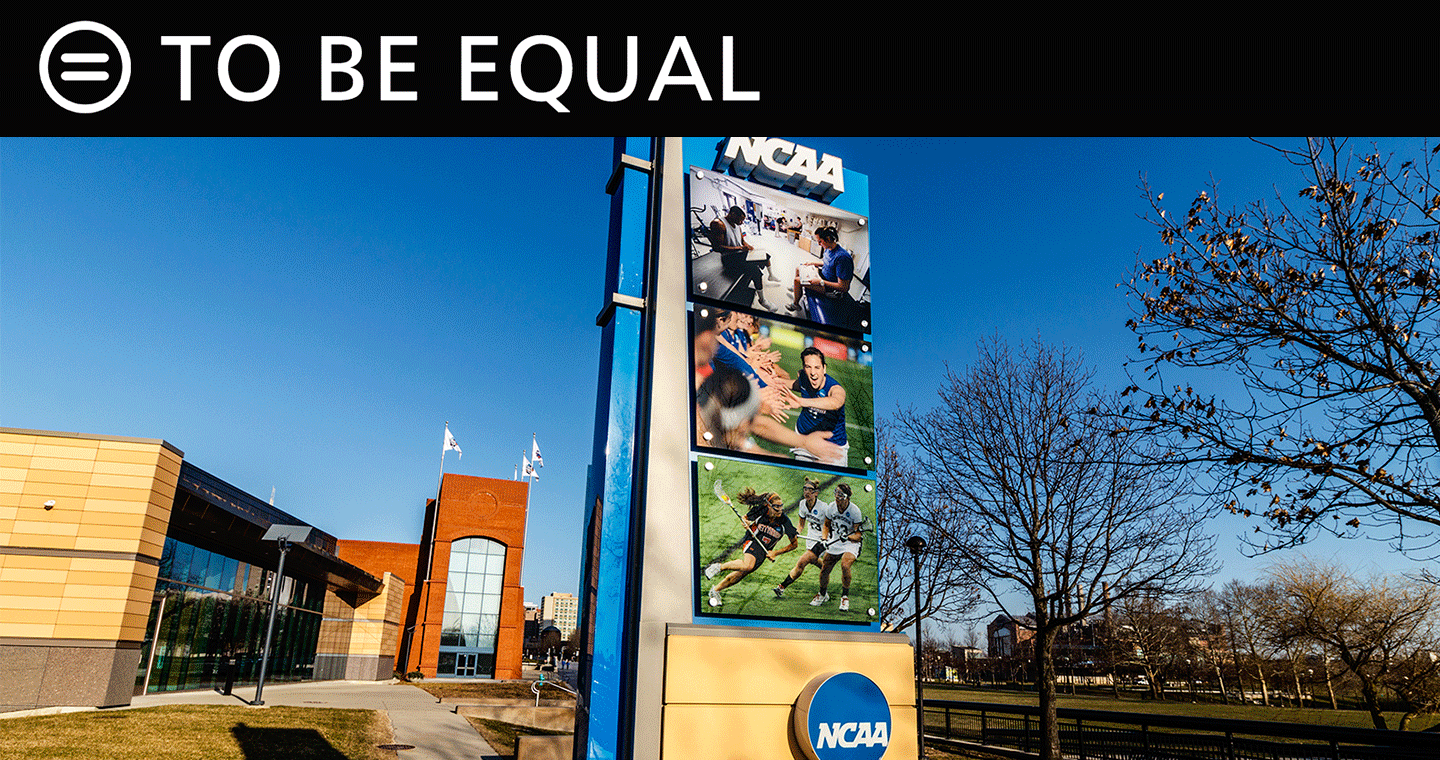The NCAA Settlement Is Unjust & Discriminatory

Marc H. Morial
President and CEO
National Urban League
“The bottom line is that the NCAA and its member colleges are suppressing the pay of student athletes who collectively generate billions of dollars in revenues for colleges every year. Those enormous sums of money flow to seemingly everyone except the student athletes. College presidents, athletic directors, coaches, conference commissioners, and NCAA executives take in six- and seven-figure salaries. Colleges build lavish new facilities. But the student athletes who generate the revenues, many of whom are African American and from lower-income backgrounds, end up with little or nothing.” -- Supreme Court Justice Brett Kavanaugh
The U.S. Supreme Court ruling in NCAA v. Alston was clear: the NCAA had taken advantage of college athletes in violation of antitrust laws, and the matter had to be addressed.
“The NCAA’s decision to build a massive business on top of student-athletes who are not fairly compensated is not just old-fashioned; it is legally flawed,” Justice Neil Gorsuch wrote.
“The NCAA couches its arguments for not paying student athletes in innocuous labels.” Justice Brett Kavanaugh concurred. “But the labels cannot disguise the reality: the NCAA’s rules fix the price of student-athlete labor.”
It was the responsibility of the lower court in the House v. NCAA case to correct this injustice. However, the House settlement completely missed the mark.
The proposed settlement to reform the NCAA’s name, image, and likeness policies is a structurally unjust system masked as reform. College athletics has long operated as a plantation-style economy, where predominantly Black athletes generate billions in value while being denied basic pay and labor protections.
No professional sports league in America would accept a framework without adequate revenue-sharing or player protections. Yet the proposed settlement enshrines this exploitation into federal law under the false pretense of fairness.
In a letter to the Congressional Black Caucus this week, l urged the members to oppose proposed NIL reform legislation including Rep. Gus Bilirakis’ SCORE Act, Senate Majority Leader John Thune’s Athlete Opportunity and Taxpayer Integrity Act, and Sen. Ted Cruz’s draft NIL bill, President Trump’s Saving College Sports executive order, and any other antiquated proposal that limits the rights of student-athletes.
NIL is about more than college sports—it is about race, justice, and generational wealth.
Contrary to the Supreme Court’s unanimous 2021 decision in NCAA v. Alston, the House settlement finalized last month – which caps the revenue universities share with student-athletes at $20 million per year per school -- further entrenches exploitation in the system.
That amount is a drop in the bucket—less than one percent of the $16 billion college sports industry—especially when compared to professional leagues where athletes typically receive close to half of total revenues.
The settlement excludes NCAA media rights revenue altogether, cementing the dominance of Power Five conferences, sidelining HBCUs, women’s sports under Title IX, and Olympic programs from meaningful participation in the NIL economy.
Furthermore, it denies student-athletes basic labor rights by refusing to recognize them as employees, while placing control of NIL operations in the hands of the newly created College Sports Commission—effectively led by the Power Five conferences—and Deloitte, who will manage the athletes’ third-party NIL deals.|
President Trump’s executive order would make matters worse. By seeking to ban third-party NIL deals and opposing employment rights for student-athletes, the order reinforces a status quo in which schools profit while Black athletes, women athletes, and HBCUs are left behind.
This moment demands more than performative reform. To pretend amateurism still exists is not just outdated—it’s dangerous.
In my letter, I urged the CDC to pursue a deal that reflects the true value student-athletes bring to college sports and ensures fairness, opportunity, and generational wealth, and to:
- Reject any federal NIL framework—legislative or executive—that excludes revenue-sharing, lacks transparency, or fails to empower athletes as employees.
- Refuse any antitrust exemption for the NCAA unless paired with a statutory model that includes revenue-sharing, athlete protections, and oversight.
- Support a tiered NIL compensation framework that uplifts HBCUs, Title IX sports, and non-revenue-generating programs.
We must choose whether college athletics continues as a plantation economy—exploiting young Black talent for the benefit of unrelenting institutions—or whether we chart a new course.
###
33TBE 8/22/25 ▪ 117 W. 125th Street, New York, New York 10027 ▪ (212) 558-5300
Connect with the National Urban League
Instagram: https://www.instagram.com/naturbanleague
Facebook: https://www.facebook.com/NatUrbanLeague
Threads: https://www.threads.net/@naturbanleague
YouTube: http://bit.ly/YTSubNUL
Newsletter: http://bit.ly/SubscribeNUL
Website: https://www.nul.org

